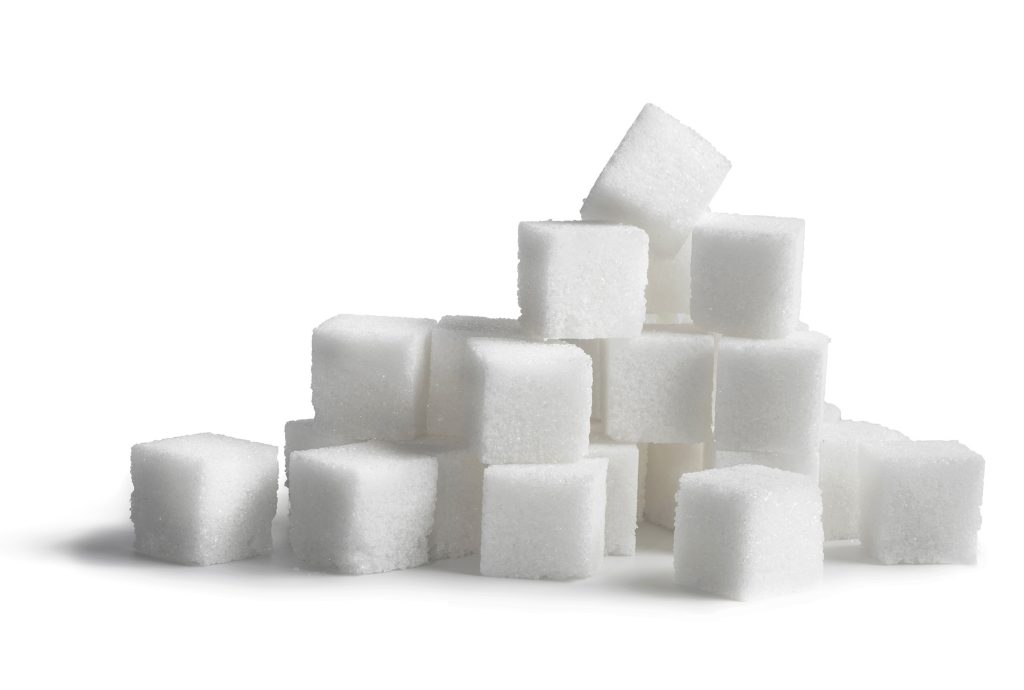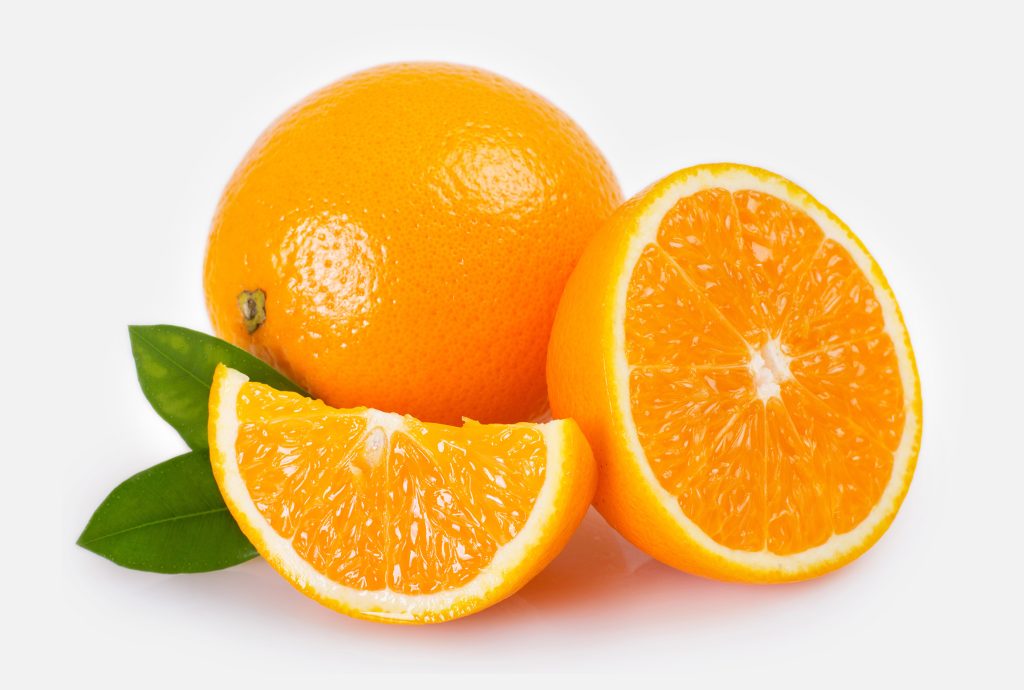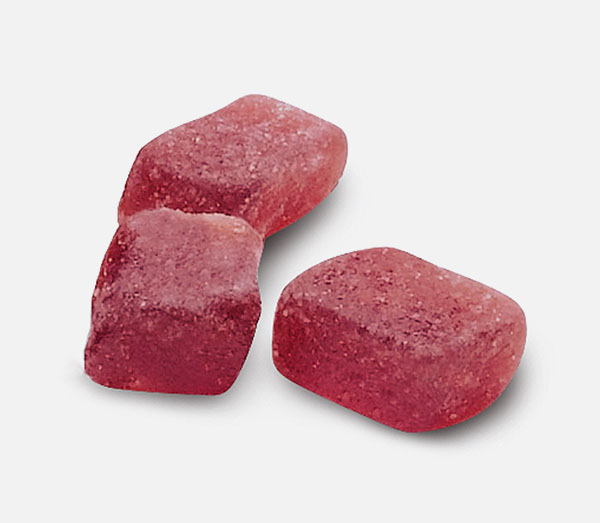The problem with refined sugar
Generally, refined sugar has no health benefits. To the contrary, too much refined sugar can pose a risk to our health. And yet, most of the products we buy in the supermarket contain a lot of it because they focus on great taste. The good news is that this has changed recently!

The trend towards sugar reduction

Obesity, diabetes, and other diseases are some of the reasons why sugar reduction has been an increasing demand in the food industry 1. Many big companies like Nestlé have already announced to be committed to reducing sugar in their products. This is a huge step and puts pressure on other companies to follow suit. Moreover, In addition, governments – such as in the UK – are already imposing higher taxes on sugar – or sugar-containing products, and are even banning products that contain too much sugar. Looking at the EU for example, these regulations are only going to increase with time.
Plus: consumers are increasingly aware of the health risks of refined sugar and are looking for healthier alternatives or less sweet products. But there is, of course, also bad news: consumers still want products which taste good – especially when they buy snacks and sweet treats such as baked goods, chocolate or ice cream. And less sugar often means bland-tasting products, less sweetness and flavor. This presents companies with a problem, because they have to reconcile both requirements in a way that makes their products attractive to customers. How do they manage to do that? Let’s discuss a few possibilities.
Artificial sweeteners
The first option is a well-known one. Artificial sweeteners have been around since the late 20th century. While they are a good alternative, they often come with an off taste that is very hard to disguise. An even bigger problem is the generally negative perception consumers have concerning artificial sweeteners. 1,2 This makes them cautious when buying synthetically sweetened products.
Natural sweeteners
Natural sweeteners are another option to reduce refined sugars in products. Alternatives such as honey, agave syrup and raw cane sugar are popular options that are generally more accepted by consumers than artificial sweeteners. However, information on the health benefits and implications of these sweeteners can sometimes be misleading. As they are still sugars, these options also add calories to products. Furthermore, consuming a vast amount of natural sweeteners can be unhealthy as well. Anyway, they do not solve the problem completely.
Reformulation
The third option is to partially replace sugar with a different bulk ingredient such as fiber or starch. For this the recipe for a product must be reformulated, which can be difficult, but also very rewarding as it is the healthiest option, and it does not have a negative image among customers. In order to keep a full flavor and not lose the taste, a different kind of sweeteners can be used. A prime example here are fruits. Tasty strawberries, dried raisins or little pineapple pieces can add a spot of sweetness to a product without contributing to the added sugar content overall. This is especially useful in baked goods.
Here is what we offer
This is where Paradise Fruits comes in. We offer delicious fruity products with no added sugar. Fructose in fruits serves as a natural sugar source, while no other sugars or sweeteners are used. Whether you need whole fruits, fruit pieces, pastes or granulates for your recipe – we have a wide range of different options: e.g. freeze-dried fruits or highly concentrated fruit products, pastes, granulates and much more. And if you are looking to make your products extra healthy, we even offer fruit gummies made from up to 100% real fruit that are enriched with extra vitamins, minerals, or probiotics. This makes sugar reduction a tasty, healthy, and easy affair!

1 FMCG Gurus – Sugar & Sweeteners – Global Report 2022
2 Rusek, Biazik & Lesiów. (2017). “Consumer Knowledge and Opinion on Selected Sweeteners Used in Food. Part 2”


